Finding mushrooms sprouting from your garden soil can be a surprising discovery for many gardeners. While they may seem like a nuisance or a sign that something is wrong, mushrooms are often a natural and beneficial part of a healthy garden ecosystem. In this blog post, we’ll explore what mushrooms mean for your garden and what to do when you spot them growing in your soil.
1. Understanding Why Mushrooms Appear
Mushrooms are the fruiting bodies of fungi, and their presence in your soil indicates the fungi are thriving in a suitable environment. Fungi play an essential role in breaking down organic material, which enriches the soil with nutrients that plants need. Common conditions that promote mushroom growth include:
Moisture: Mushrooms thrive in damp soil, often appearing after heavy rains or over-watering.
- Organic Matter: If your soil is rich in decaying organic material such as wood chips, mulch, or compost, it can be a haven for fungal growth.
- Shade: Mushrooms often prefer shaded or cool areas where the soil remains damp for longer.
2. Are Mushrooms Harmful to Your Plants?
In most cases, mushrooms are harmless to your plants. They help break down complex organic materials into simpler forms, which can improve the overall health of the soil. The fungal network (mycelium) that mushrooms stem from is often beneficial to plant roots, aiding in nutrient absorption and contributing to the natural soil food web.
That said, it’s important to note that not all mushrooms are beneficial. In rare cases, certain types of fungi can harm plants, especially if the soil is excessively waterlogged or lacks balance.
3. Should You Remove Mushrooms?
Whether or not you remove mushrooms is a personal choice. If you don’t mind them, you can leave them in the soil to continue their natural work of decomposition. They will likely disappear on their own once conditions dry out.
However, if you prefer to remove mushrooms, especially if you have pets or children who may accidentally ingest them, you can:
- Pick them out by hand: Wear gloves and pull the mushrooms gently from the base to avoid scattering spores.
- Avoid using fungicides: Fungicides are typically unnecessary and may disrupt the beneficial fungi in the soil, which could negatively impact your plants' health.
4. Preventing Mushroom Growth
If you want to prevent mushrooms from reappearing, there are steps you can take to alter the conditions that favor their growth:
- Improve Drainage: Mushrooms thrive in moist environments, so improving drainage in your soil can help. Avoid over-watering and consider adding organic material like compost to improve soil structure.
- Rake Mulch Regularly: If you have a thick layer of mulch, rake it to allow better air circulation and prevent moisture buildup. You might also consider switching to inorganic mulch, like stones or pebbles, if mushrooms persist.
- Increase Sunlight Exposure: Since mushrooms prefer shady areas, trimming back any overhanging branches or shrubs may reduce the shade and discourage fungal growth.
5. When to Be Concerned
In some rare cases, mushrooms may indicate a deeper issue, such as root rot or overwatering. If you notice symptoms like yellowing leaves, stunted plant growth, or a foul smell in the soil, you may need to investigate whether excess moisture or poor drainage is affecting your plants. It’s important to address these issues to ensure your garden remains healthy.
Conclusion
Mushrooms in your soil are usually a sign of a healthy garden with rich organic matter and an active ecosystem. In most cases, they are harmless and can even be beneficial. However, if they bother you or pose a risk to children or pets, they can easily be removed by hand. By managing moisture levels and providing the right conditions for your garden, you can control or reduce the appearance of mushrooms.
Embrace the balance that fungi bring to your garden, and enjoy the benefits they offer to your soil and plants!














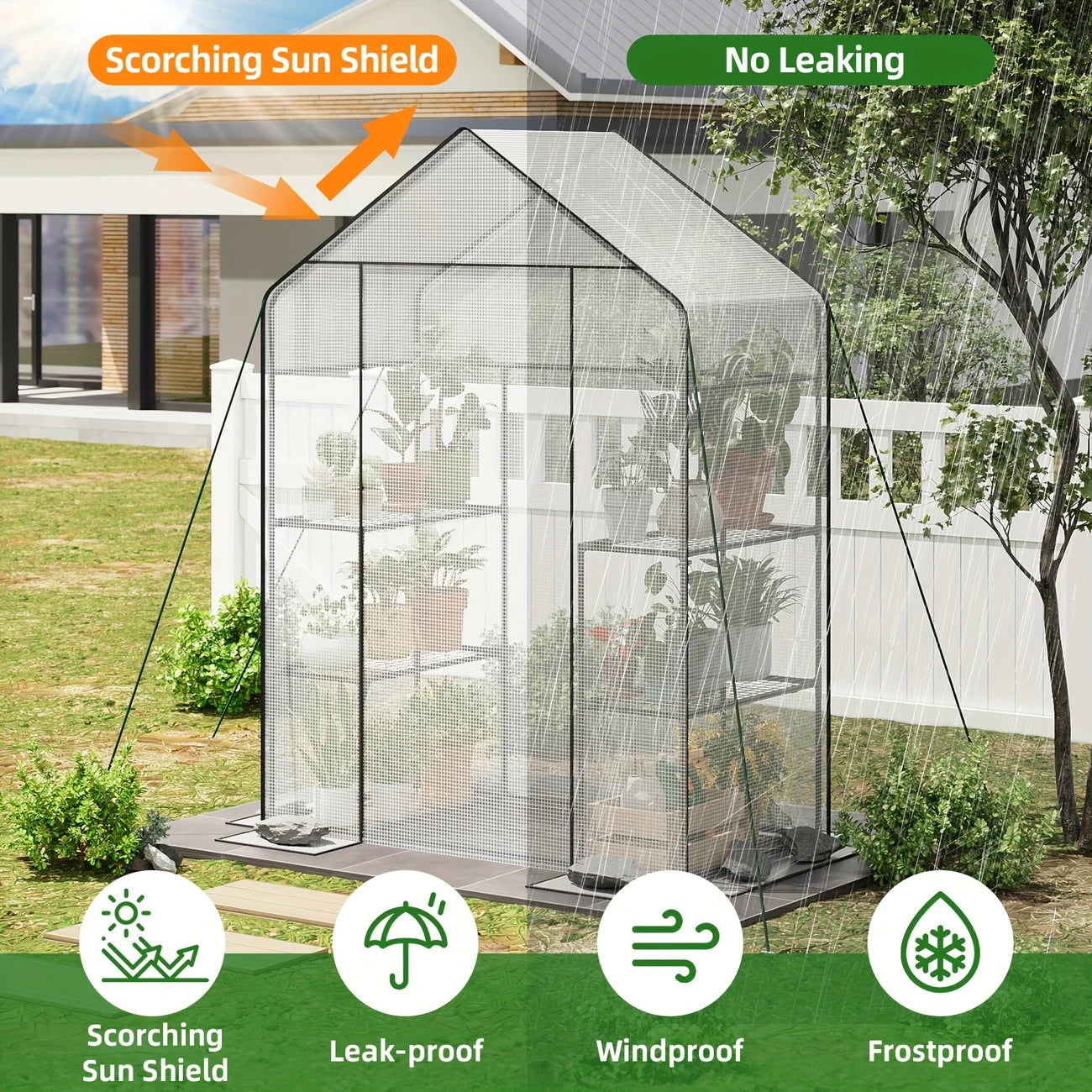
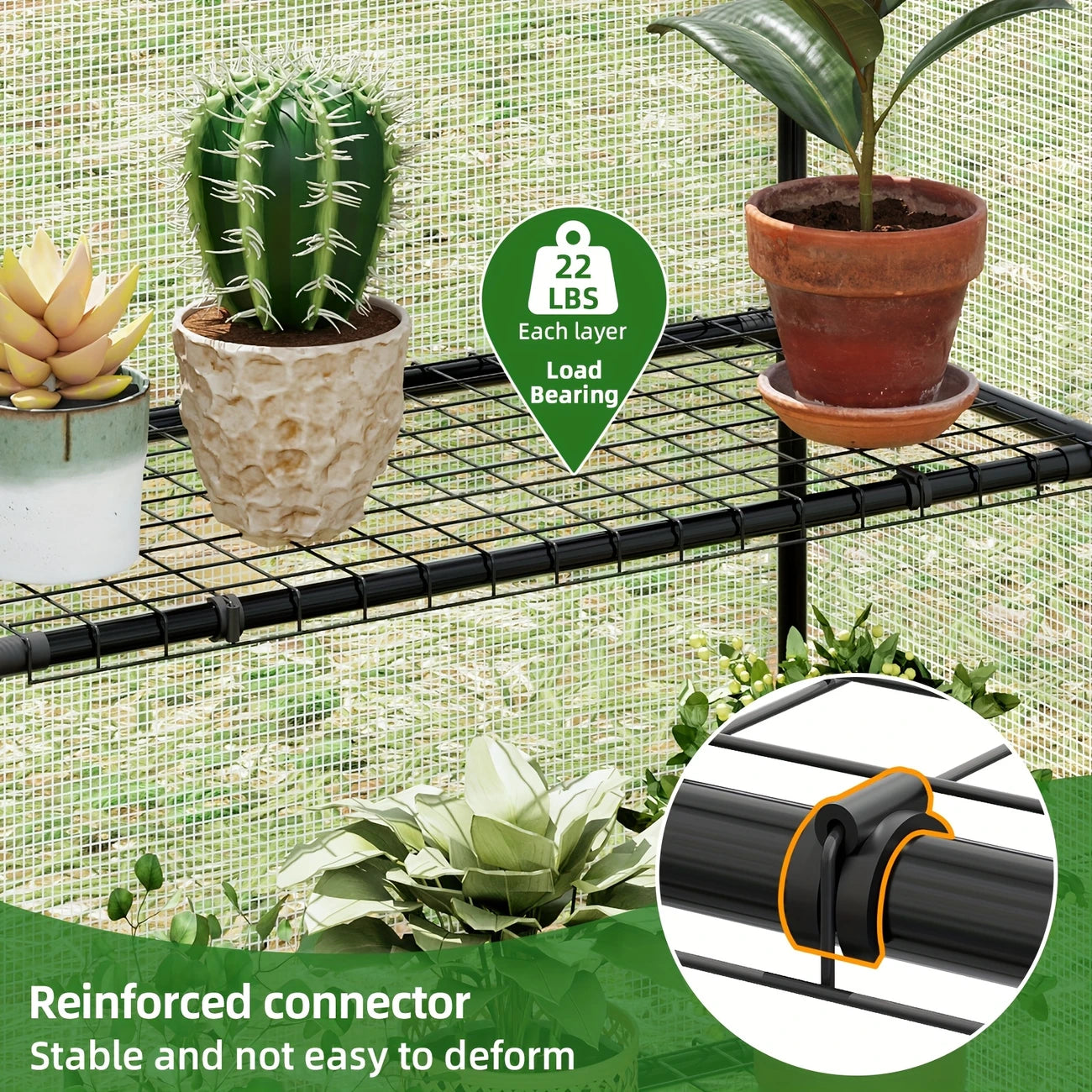

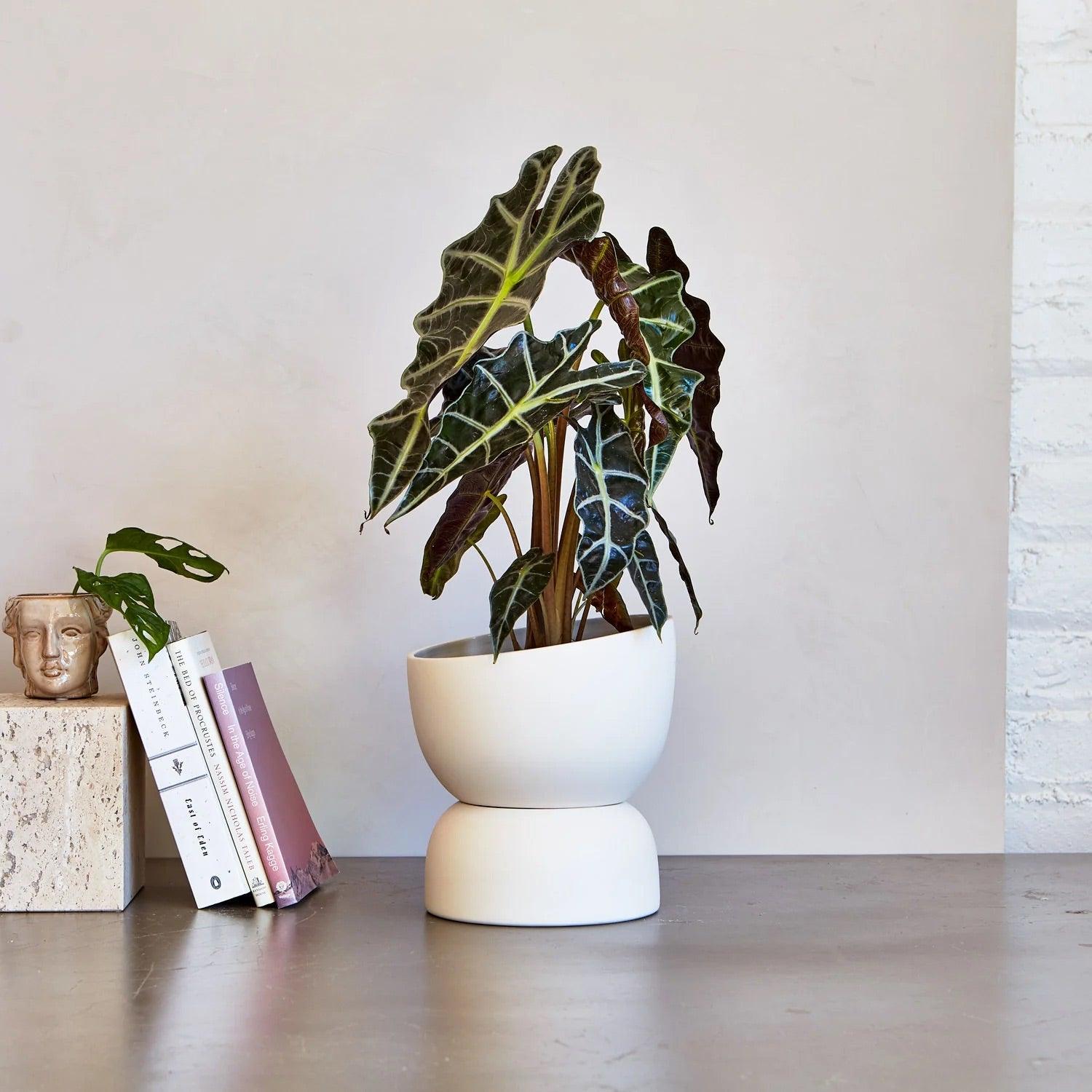
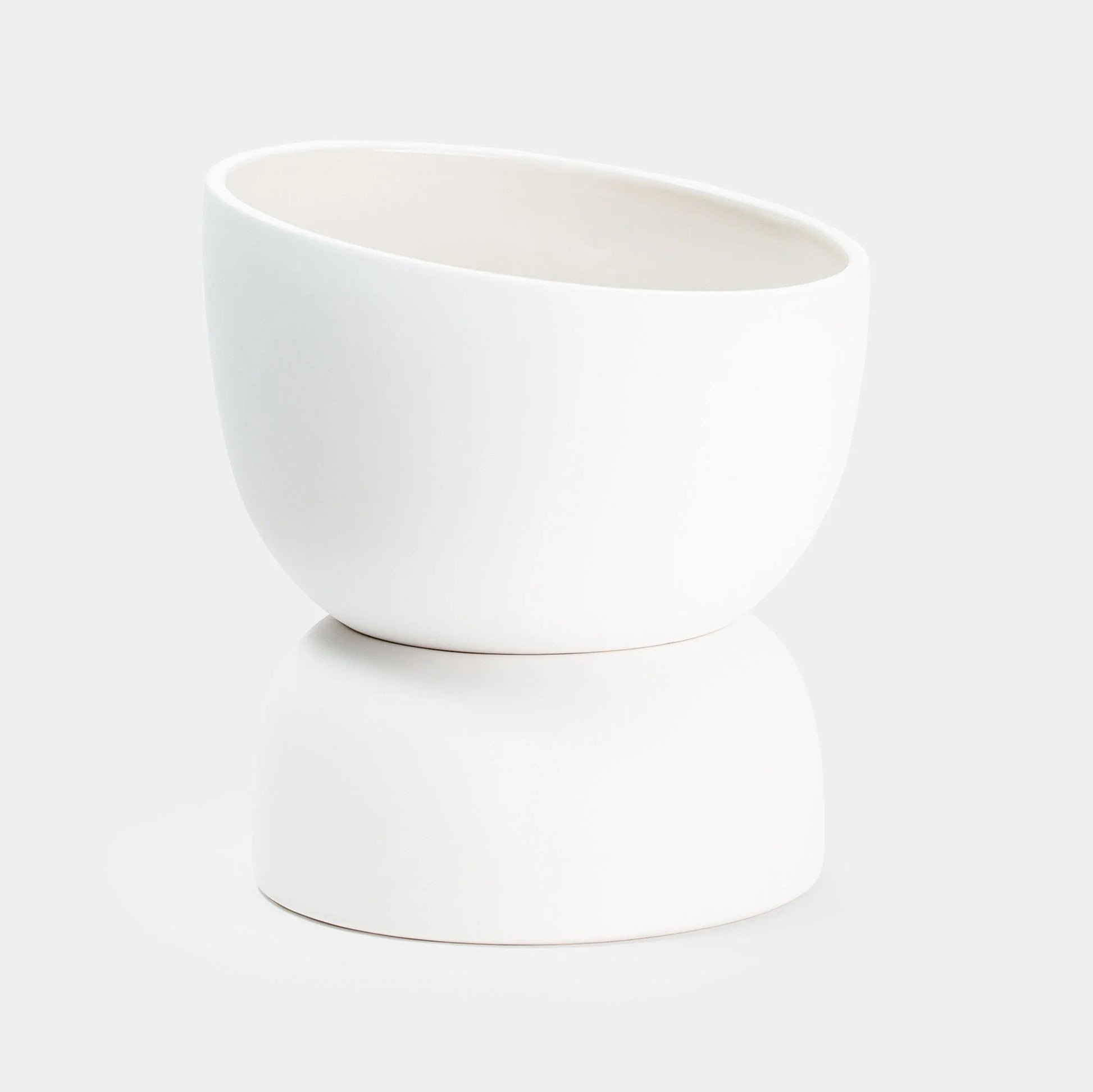

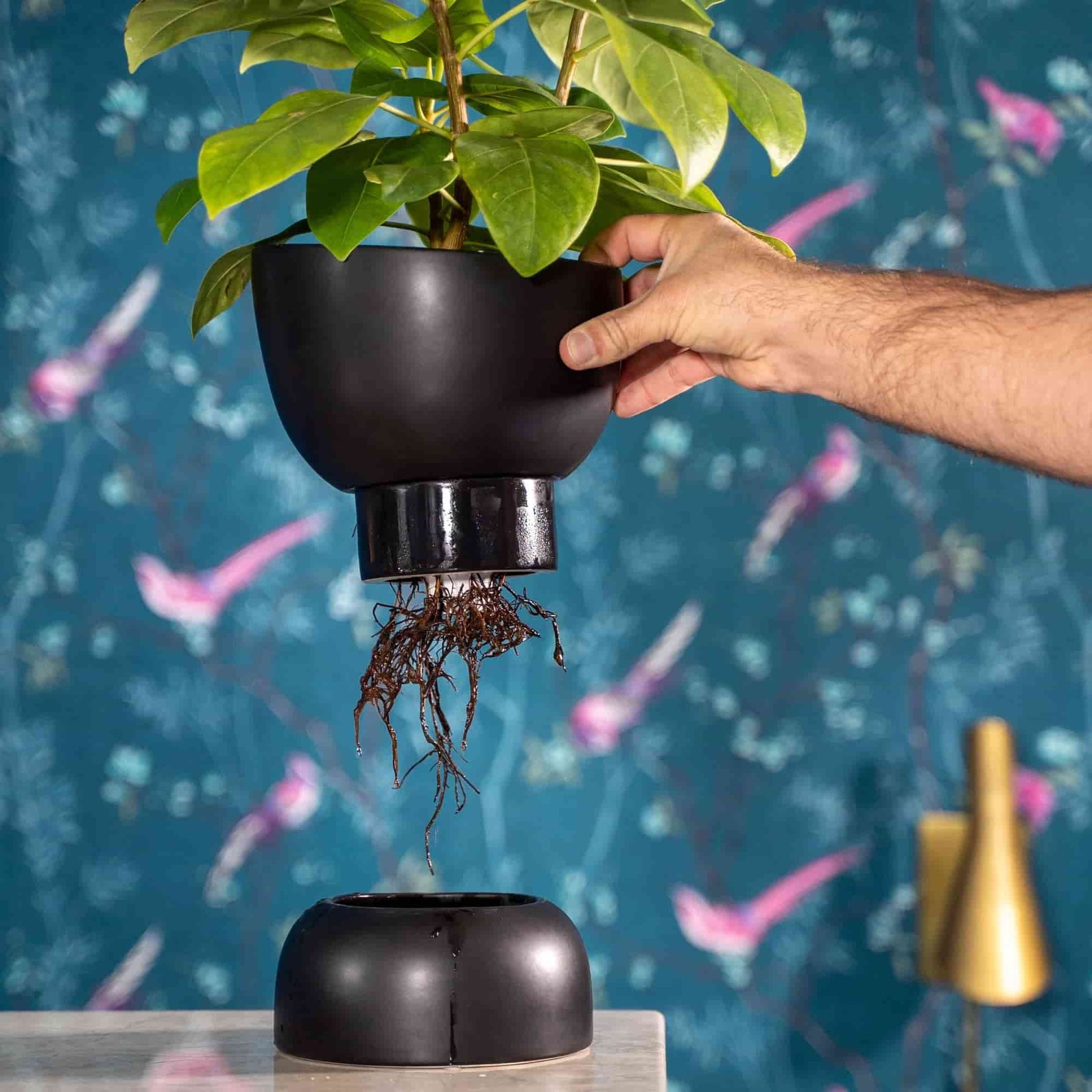




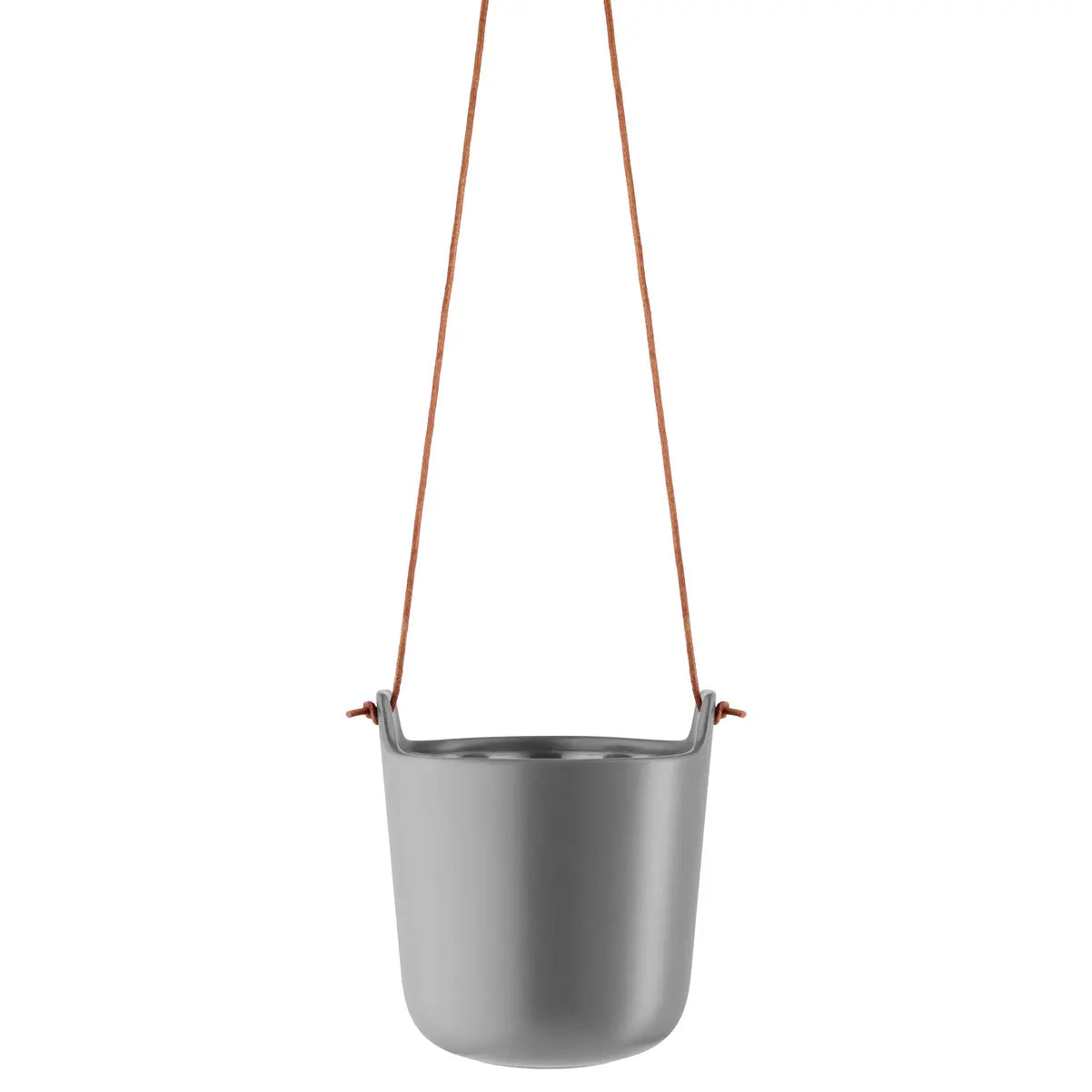
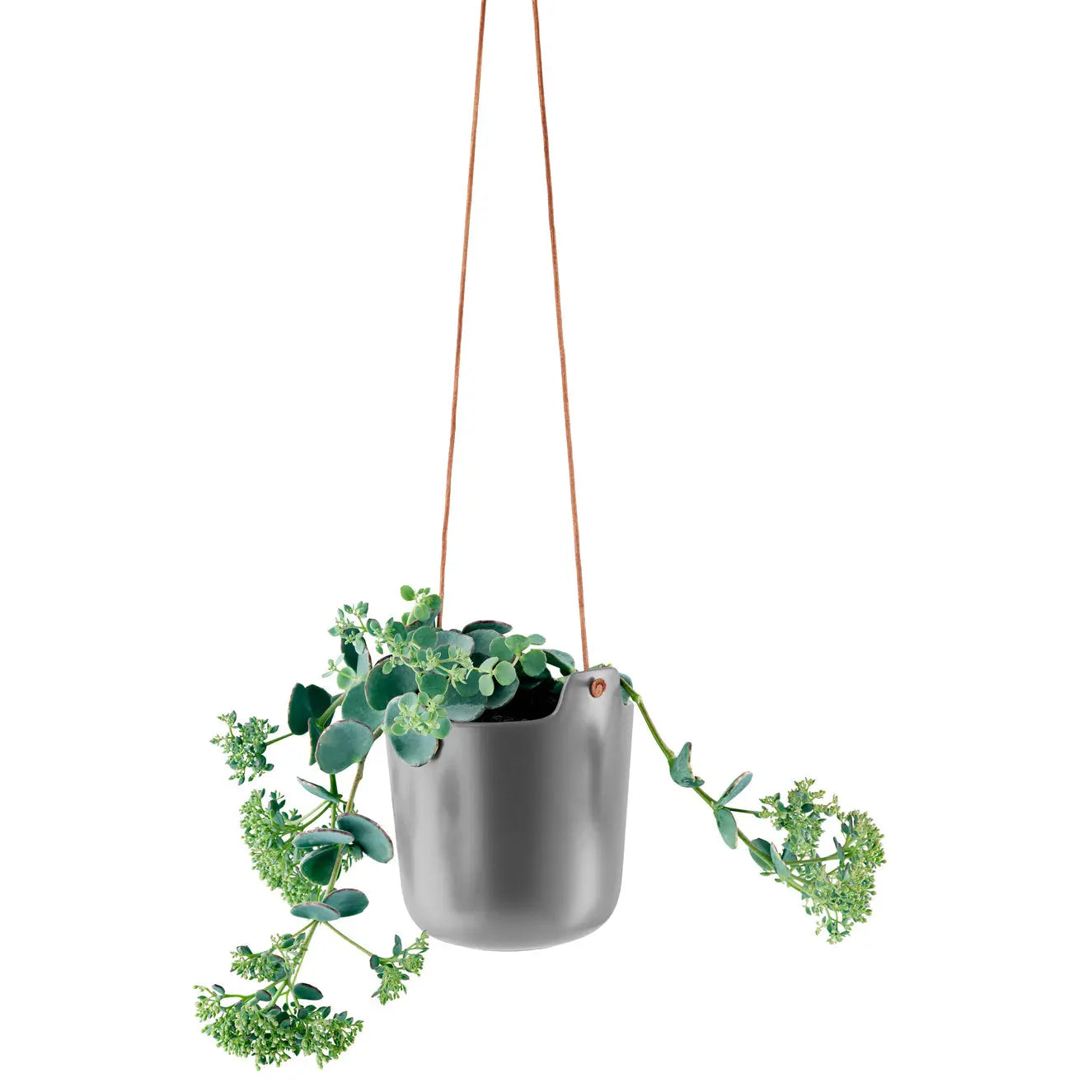
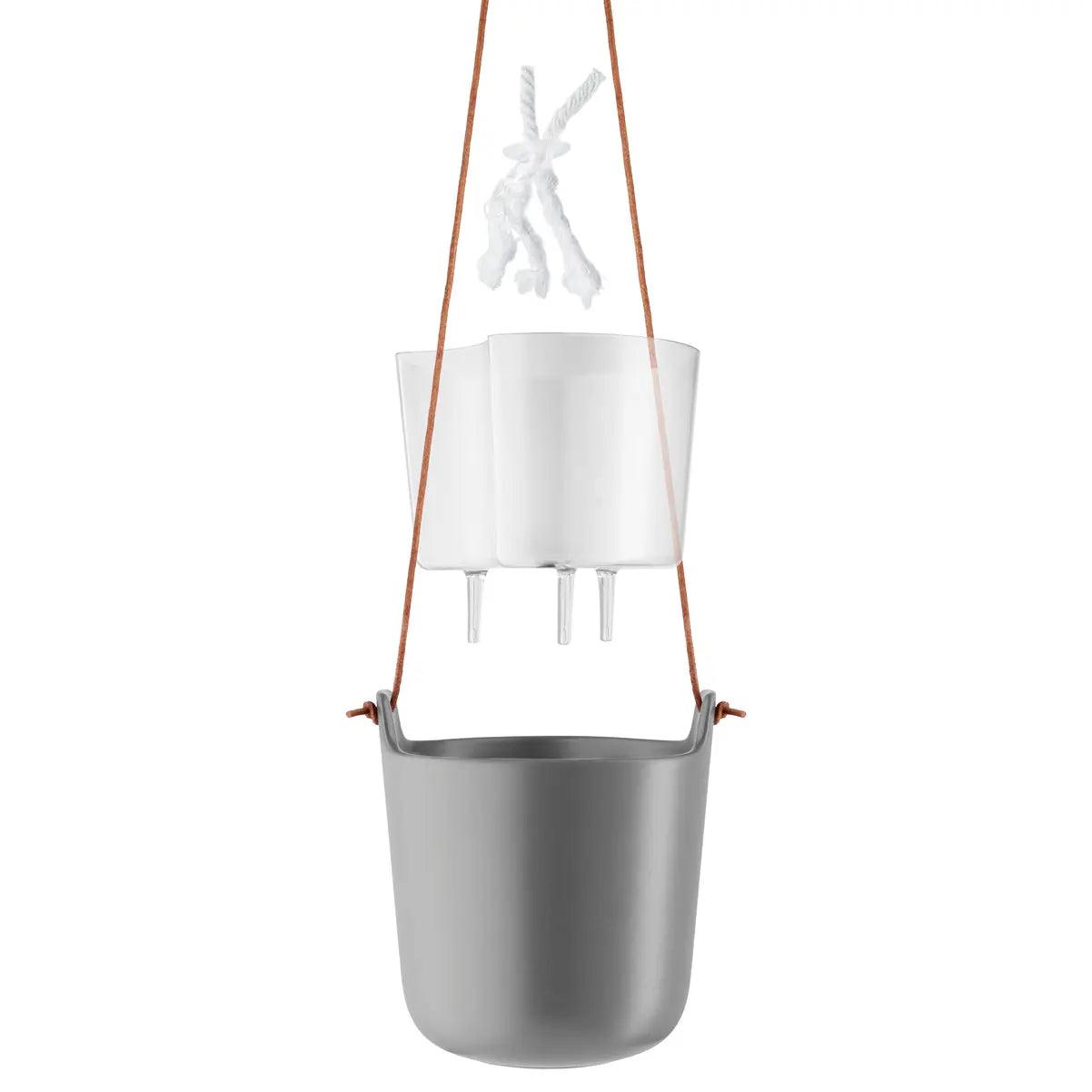
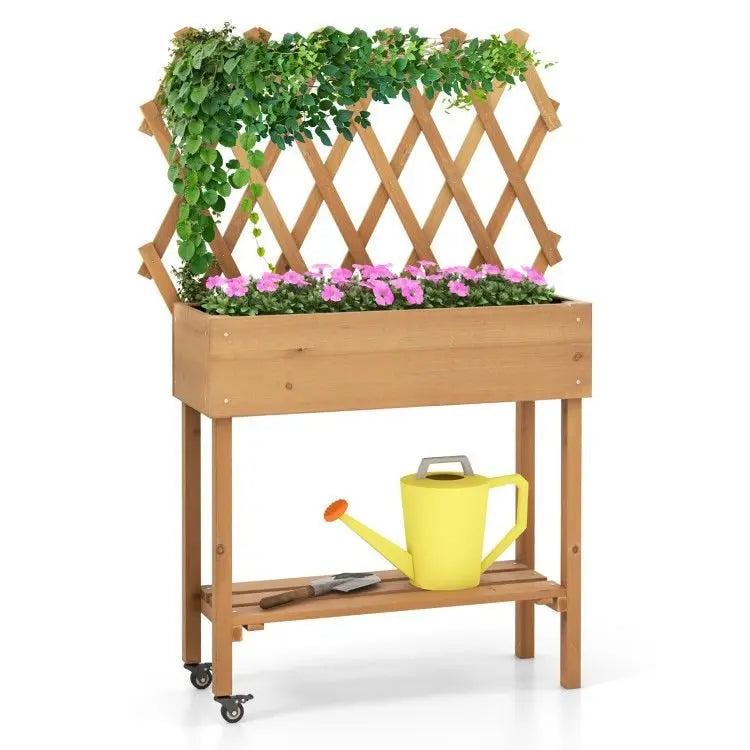
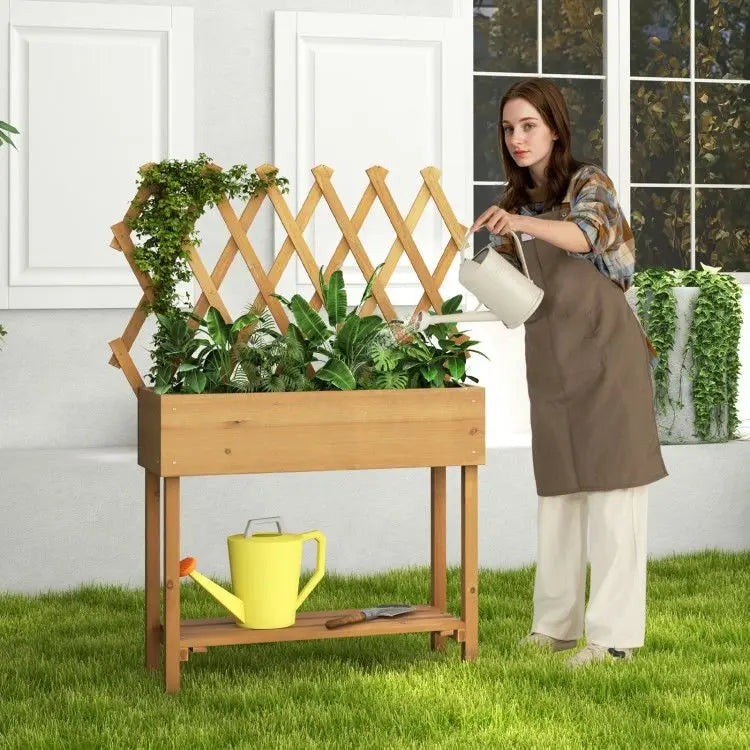
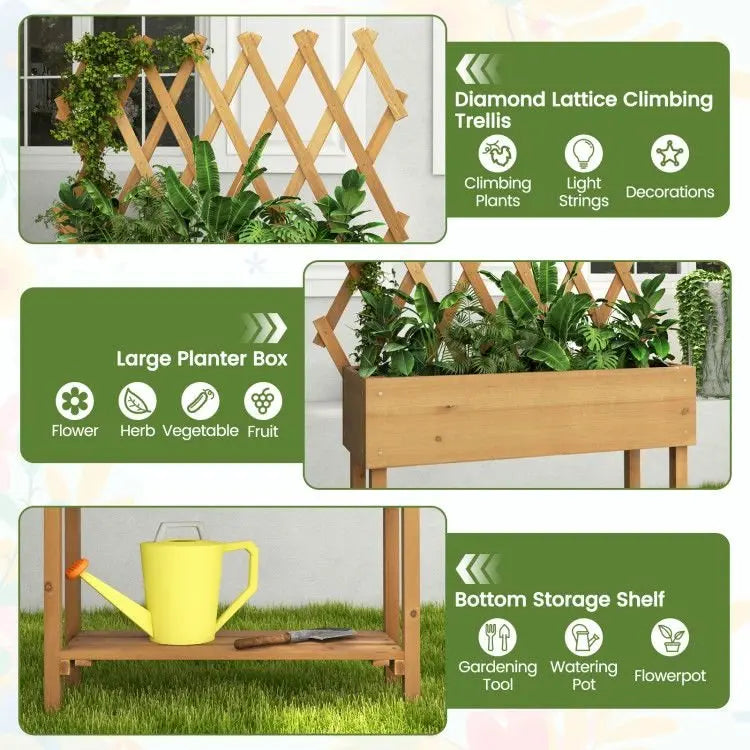

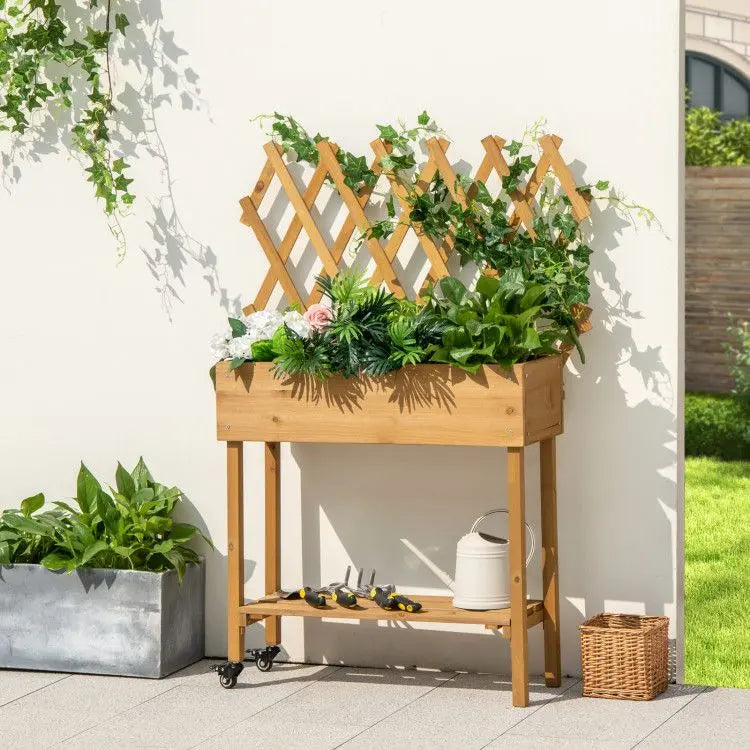

0 comments